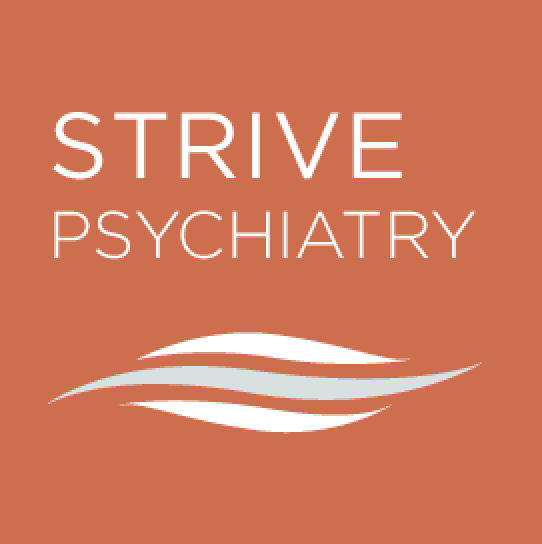TMS Therapy
A groundbreaking treatment for Depression
Transcranial Magnetic Stimulation therapy, or TMS therapy, is a groundbreaking treatment created specifically to help individuals suffering from Major Depressive Disorder. TMS therapy works by creating deep magnetic pulses that target the left prefrontal cortex of the brain. This leads to greater activity in the areas of the brain that are suppressed by depression.
A New Strategy
TMS Therapy is a non-invasive, drug-free treatment for Depression. This new approach is offering hope for those with Treatment-Resistant Depression.
Accessible To You
Accepted by most major insurance providers, TMS therapy gives hope and peace of mind to those who suffer from major depression, anxiety, and stress.
Proven Results
In 2008, the FDA cleared TMS Therapy as a treatment for Depression. Clinical studies show that 7 out of 10 people with Depression benefit from this treatment.
Am I A Good Candidate?
TMS is an innovative, evidence-based treatment for adults (18 years and above) struggling with Major Depression. Those who have tried medication treatments before and did not benefit from them are ideal candidates for this treatment.
Our Qualified Team Is Ready To Help You
At Strive Psychiatry, we’re proud to be one of the leading providers of TMS therapy in Utah. This new treatment is given by outstanding, board-certified psychiatrists who work with patients to find the right treatment plan that fits their needs.
FAQs
Why TMS?
Typical treatment for Clinical Depression tends to be medication and/or psychotherapy. Clinical studies also show that almost half of those with depression suffer from Treatment-Resistant Depression (TRD). Patients with TRD cannot tolerate the side effects and/or receive no meaningful benefits from antidepressant medications. At Strive Psychiatry, we offer TMS as an evidence-based alternative for those struggling with TRD.
Who is eligible for TMS?
Any patient, 18 years or older, who suffers from Major Depressive Disorder and has failed to experience marked improvement from using antidepressant medications is usually eligible for TMS therapy. Those with a history of seizures, or who have metal implants or objects in or near their skull, are not considered for TMS therapy.
How does TMS work?
TMS works by creating a deep magnetic pulse that targets the left prefrontal cortex. This rapid succession of pulses stimulates regions of the brain that are linked with mood and emotion. These areas are underactive in the brain of a person with Depression.
What is the recovery like after a TMS session?
There are no sedatives or anesthesia required for TMS, so there is no need for hospitalization or long recovery periods. Upon completion, most patients are able to resume normal activity immediately. We perform TMS in our comfortable office, and patients can drive home afterward.
Does TMS have side effects?
Research shows that TMS has virtually no side effects. The most commonly reported side effect is temporary pain or discomfort at or near the treatment site during the procedure. When this occurs, it tends to go away quickly, and typically occurs only during the first week of treatment.
How much time does TMS take?
Each session lasts approximately 30 minutes. A full treatment includes roughly 30-36 of these sessions over a 6-7 week period.
What can I expect during my TMS Therapy Session?
During a treatment, a TMS coil is gently placed against the patient’s head. Then electromagnetic pulses begin at 30-second intervals and continue for 30 minutes. Most patients describe this feeling as a tapping sensation on the scalp. Patients may also notice a clicking sound during treatment similar to an MRI machine. During treatment, patients are free to watch movies or listen to music on their phones or tablets.
How do I start?
Discuss your interest in TMS Therapy with your psychiatrist, or with one of our clinicians. They will perform an initial assessment to determine your eligibility and the likelihood of success for this treatment. Alongside this assessment, your clinicians will discuss with you whether or not TMS is a good fit. Patients should be prepared to undergo a physical examination in preparation for their assessment.




